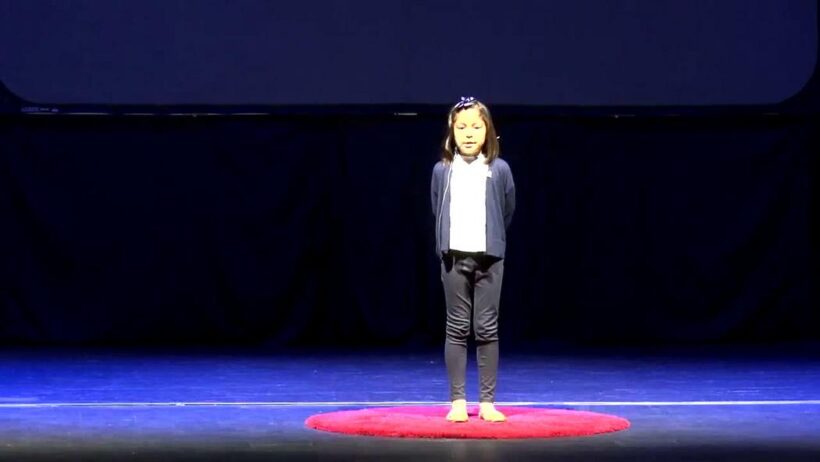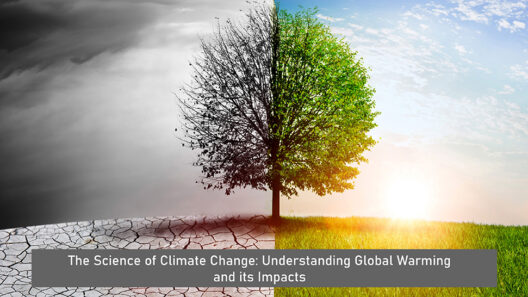Global warming stands as one of the most pressing challenges of our time, and its implications are far-reaching, impacting ecosystems, economies, and human health. As the conversation around climate change evolves, TED Talks have emerged as a prominent platform for disseminating innovative ideas and inspiring solutions. This article delves into the various types of content that TED Talks present regarding solving global warming, shedding light on the multifaceted approaches being explored to mitigate this crisis.
One of the primary attributes of TED Talks is their ability to distill complex scientific concepts into engaging narratives that resonate with a broad audience. Experts from diverse fields—including climatology, engineering, policy-making, and environmental activism—utilize compelling storytelling to elucidate the intricacies of carbon emissions, greenhouse gases, and their tangible effects on our planet. By presenting data and anecdotes in tandem, these speakers effectively bridge the gap between scientific research and public understanding, making it easier for individuals to grasp the severity of global warming.
Speakers often highlight groundbreaking scientific research that uncovers the latest findings regarding the climate crisis. For instance, experts unveil studies that link climate change to extreme weather patterns, revealing how rising global temperatures exacerbate floods, hurricanes, and droughts. These empirical studies serve as a critical backdrop for understanding the urgency of the situation. Coupled with visuals, such as graphs and animations, presenters can illustrate potential future scenarios, which often provoke a visceral reaction in viewers, compelling them to consider the implications of inaction.
In addition to scientific findings, TED Talks frequently explore technological innovations promising to alter our trajectory toward a sustainable future. From renewable energy sources, such as solar and wind power, to groundbreaking advancements in carbon capture and storage technology, innovators present solutions that aim to reduce our reliance on fossil fuels. Presenters showcase scaled-up projects, proving that transitioning to a clean energy economy is not just a theoretical exercise but a viable pathway forward.
Moreover, discussions around policy reforms are paramount in these talks. Experts articulate the critical role that governance and legislation play in combating climate change. By examining successful models from around the world, such as carbon pricing mechanisms or incentive programs for renewable energy adoption, speakers provide a pragmatic perspective on how governmental action can catalyze systemic change. This aspect of TED Talks emphasizes the necessity for collective action and political will, urging audiences to engage in public discourse and advocate for policies that prioritize environmental sustainability.
Behavioral change also garners attention in TED Talks addressing global warming. Many speakers illuminate the psychological barriers that hinder individual action against climate change, while offering strategies to foster eco-friendly habits. These presentations often highlight grassroots movements and community initiatives that motivate collective behavioral shifts, illustrating the cumulative impact of small, individual actions. Viewers are encouraged to reconsider their consumption patterns and advocate for sustainable practices in their daily lives, creating a motivated populace willing to partake in meaningful change.
Another fascinating area of exploration within these talks is the intersection of climate change with social justice. Presenters elucidate how marginalized communities disproportionately bear the burden of climate impacts, drawing attention to environmental racism and inequality. Discussions that center on equity and climate justice prompt audiences to recognize the interconnectedness of environmental and social issues. By advocating for inclusive climate action, speakers emphasize that addressing global warming must also entail uplifting vulnerable populations who are often overlooked in traditional climate narratives.
Moreover, the role of activism and grassroots movements is a recurring theme in TED Talks discussing global warming. Speakers often recount their personal journeys, detailing how they became involved in climate activism. These narratives serve to inspire viewers, encouraging them to find their own voice in the climate conversation. Through activism, individuals can catalyze change, whether through protests, educational outreach, or engaging in local governance. TED Talks amplify these movements, illustrating the power of community engagement and the profound impact of collective action.
While positive solutions and actionable insights are paramount, it is also essential that TED Talks candidly address the challenges and obstacles that lie ahead. Presenters explore themes of resilience and adaptability, underlining that combating climate change is not merely about prevention, but also about preparing for its unavoidable effects. Discussing the need for adaptive strategies in agriculture, urban planning, and disaster response, speakers prepare audiences for a future where adaptation is crucial for survival. This forthright approach emphasizes that while hope is vital, so too is the acceptance of the current crisis and the need for proactive measures.
Lastly, the future of climate advocacy is intricately tied to education. TED Talks frequently advocate for educational reforms that prioritize environmental education, equipping future generations with the knowledge and skills necessary to address climate issues. By fostering a culture of environmental stewardship from an early age, society can cultivate informed citizens who are prepared to confront the challenges posed by climate change.
In conclusion, TED Talks offer a treasure trove of information and insight into the pressing issue of global warming. From cutting-edge research and technological innovations to policy reform and social justice perspectives, the diverse content encapsulated in these talks empowers individuals to navigate the complexities of climate change. By fostering awareness and inspiring action, TED Talks about global warming serve not only as a clarion call to address an urgent crisis but also as a beacon of hope, illuminating the path toward a more sustainable and equitable future.







